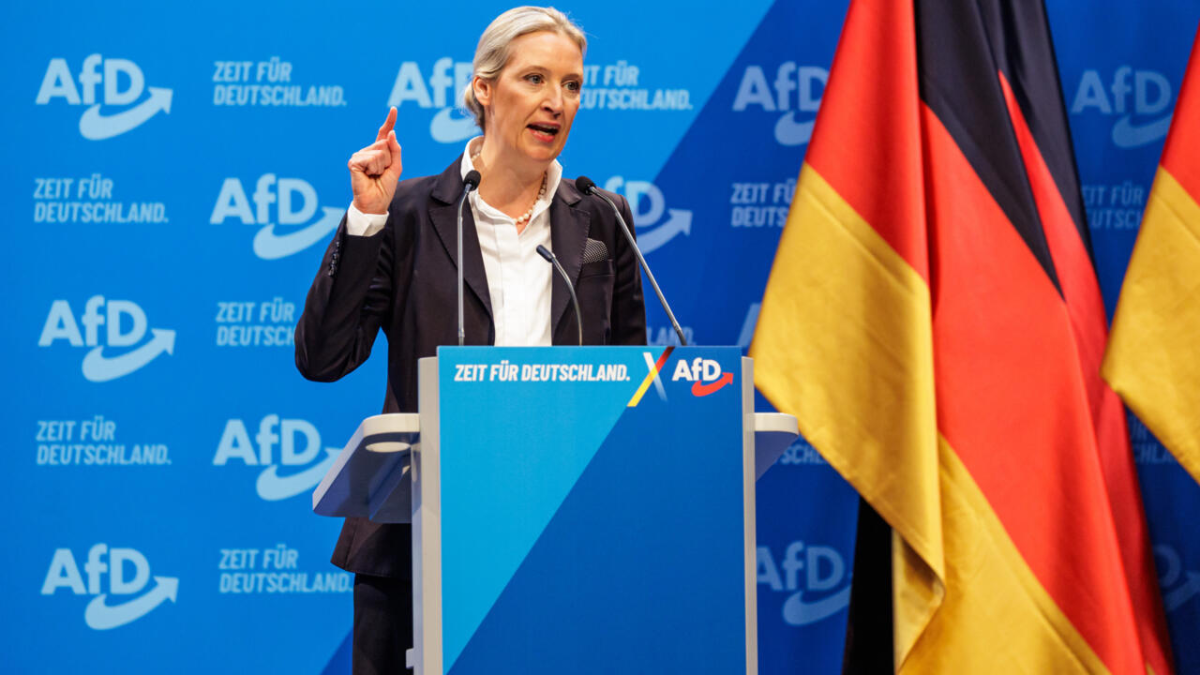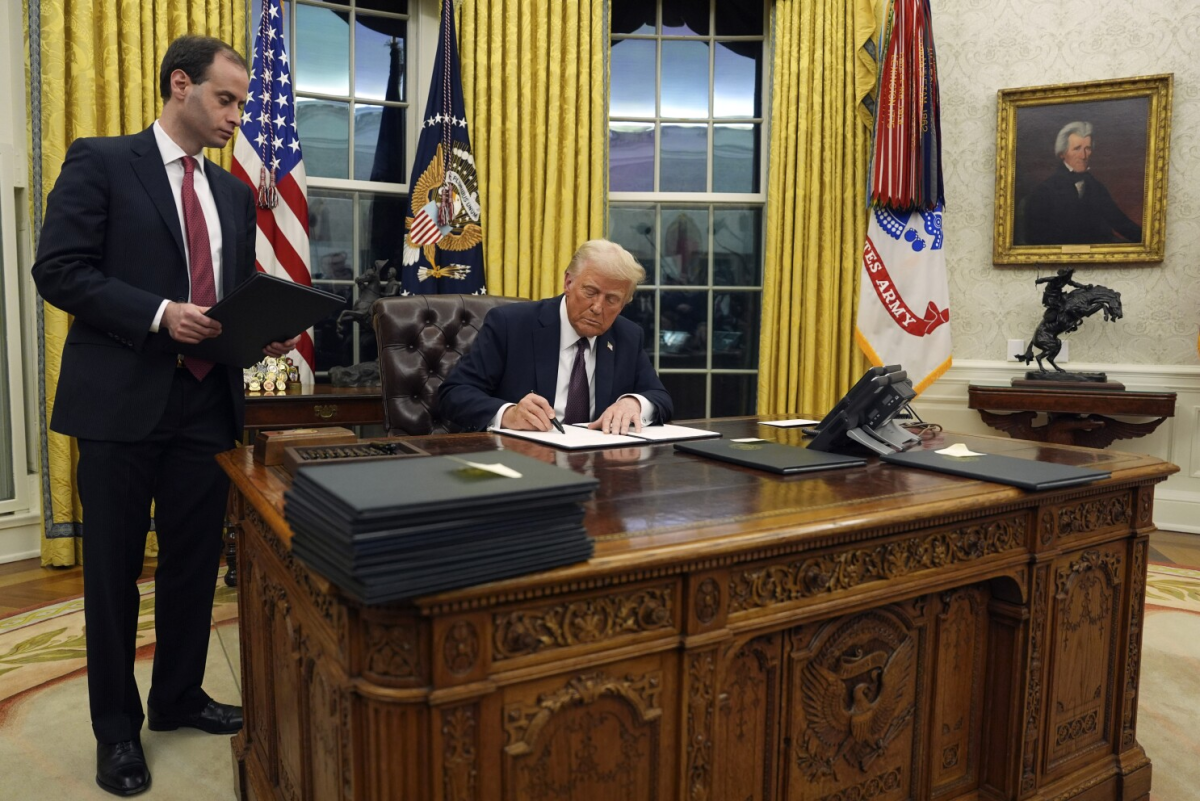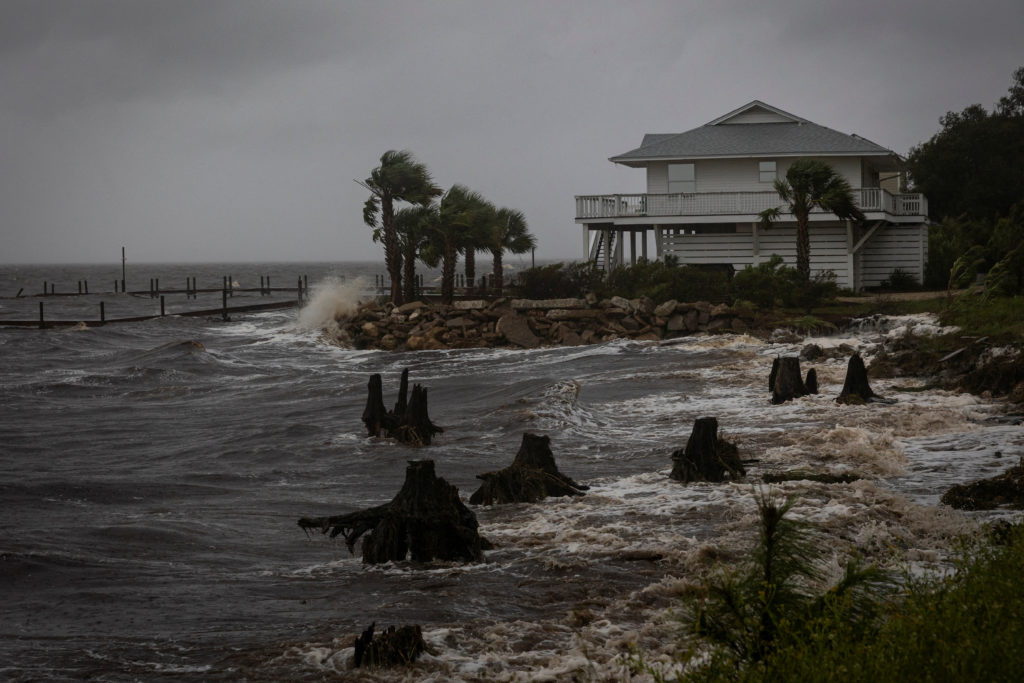It’s March 2025, meaning we’re just barely over a month into Trump’s second presidency—and yet, we’re hardly keeping afloat amidst all the drama that has ensued since. As of recent, America’s all had her hands full with, as journalists Tim Reid and Jeff Mason eloquently put it, Trump’s “blizzard of executive orders,” the out-of-pocket (yet very warranted) JD Vance eyeliner accusations, and the very unfortunate event that was the creation of the Trump Gaza video (please don’t watch it if you haven’t already). But to say that we are the only country experiencing said drama would be far from the truth. Let’s hop across the Atlantic and take an amble in the direction of Germany.
Just last week, Germany held federal elections for parliament (or, as the locals call it, the Bundestag). With an astounding 20.8% of votes going to Alternative for Germany (AfD), it becomes pretty clear how the tides are changing politically. AfD’s far-right and—as some have dubbed it—extremist agenda has made recent headlines. Alice Weidel, AfD’s chairwoman, has voiced her opposition to immigration, her skepticism of the European Union, and her admiration for British Prime Minister Margaret Thatcher, reflecting the general political stance of her party.
Emma Kelly, a CdMHS senior and former resident of Deutschland, explains that the election results surprised her. The outcome is divergent from her own experience with “German schooling [where they put] a very strong emphasis on learning from past mistakes [and] historical events.” To Kelly’s dismay, what has made AfD especially controversial is the dismissive manner in which they have treated the Holocaust. In an article from BBC, journalist Paul Kirby writes, “A leading AfD figure in Thuringia, Björn Höcke, has twice been convicted of using a banned Nazi slogan: ‘Alles für Deutschland,’” which translates to “Everything for Germany.” Kelly emphasizes how different the current political sentiment is from when she was growing up in Germany. “It was pretty liberal,” she reflects, referencing past trends towards environmentalism and open migration when Angela Merkel was still chancellor.
However surprising Germany’s departure from the left may be, it is not just confined to Deutschland. There have been reports of right-wing populism bubbling throughout the rest of Europe. To accommodate for the changing times, we must adjust the lyrics to the “Cha Cha Slide” ever so slightly from the iconic “slide to the right, slide to the left” to “slide to the right, DON’T slide to the left.”













